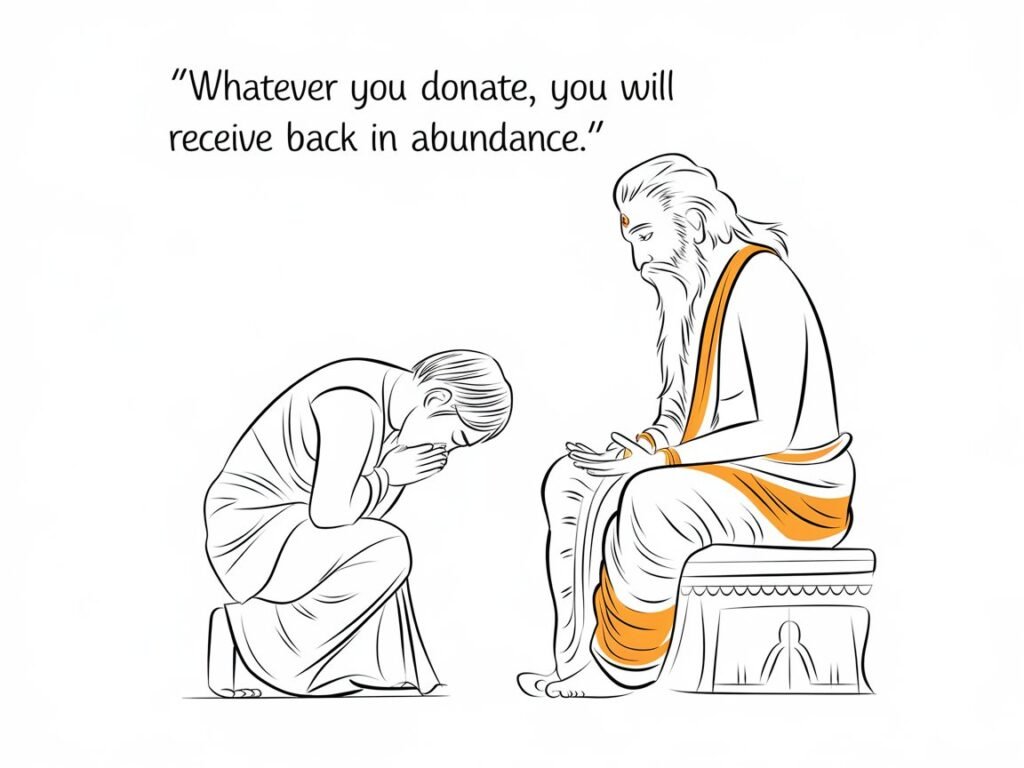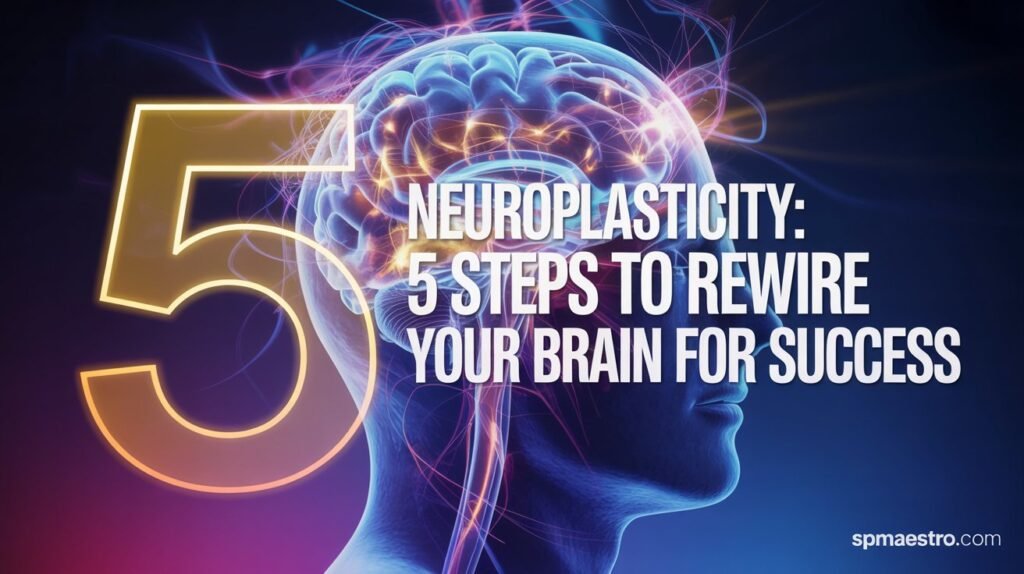Understanding the Concept of Donation
Donation is a powerful act of giving that transcends mere financial transactions. At its core, donation involves voluntarily transferring resources—be it money, goods, or time—to support a cause or benefit others. The importance of donation lies not only in the immediate relief it can provide to those in need but also in its ability to foster a sense of community and shared responsibility. This act serves as a testament to the values of compassion and altruism inherent in societies worldwide.
By engaging in donation, individuals can uplift their communities and create lasting change.
Donation is not just an act of charity; it is a means of transforming lives and communities for the better.
Historically, the concept of donation is deeply rooted in various cultures and religions, where it has been viewed as a moral obligation. From early communal societies to modern philanthropic organizations, the practice has evolved, reflecting changing societal values. In ancient civilizations, donating to the less fortunate was often seen as a means to attain spiritual merit. Today, while the motivations may vary—from tax deductions to personal fulfillment—the underlying principle remains: helping others enriches both the giver and the recipient.
The Spiritual Journey of Donation
The joy derived from donation can significantly enhance one’s overall well-being.
Through donation, individuals contribute to a cycle of generosity that extends beyond themselves.
How Donations Affect Your Energy
Selfless acts of donation can illuminate the path to personal and collective empowerment.
The act of giving is often associated with positive energy exchange. When individuals donate, they engage in a spiritual journey that transcends materialistic concerns, enriching their inner selves. This energy exchange is believed to create a cycle of giving and receiving, where the donor experiences joy and fulfillment, while the recipient receives the necessary aid. Many cultures and belief systems advocate that such acts of kindness not only enhance the giver’s aura but also contribute to their spiritual growth.
Moreover, the energy associated with donations can foster a sense of connectivity. When one donates, they tap into a collective consciousness that emphasizes unity and support. This feeling of being part of something larger can be profoundly uplifting, leading to increased personal happiness and satisfaction. As such, donation can be considered a form of meditation that emphasizes mindfulness and intentionality, ultimately enhancing one’s quality of life.
The Role of the Guru in Energy Exchange
In many spiritual traditions, a guru or teacher plays a crucial role in guiding individuals on their journey of giving. The guru not only imparts wisdom about the significance of donation but also demonstrates how to engage in meaningful acts of service. According to these teachings, donations should be made with the right intent and awareness, as the energy surrounding the act can influence its outcome.
Indeed, donation is a pathway to spiritual enlightenment and personal growth.
Furthermore, a guru often emphasizes the importance of selfless giving—donating without expectation of return. This principle aligns with the notion that true fulfillment comes from the act itself rather than the recognition or rewards it may bring. By adhering to these teachings, individuals can cultivate a deeper spiritual connection to their contributions, transforming them into acts of love and devotion.
Positive Outcomes of Giving
Participating in donation activities fosters a sense of unity among individuals.
Receiving Blessings and Good Faith
Those who embrace donation often find a deeper connection to their community.
One of the most compelling aspects of donation is the blessings it brings to both the giver and the recipient. Many cultures believe that acts of generosity not only help those in need but also bring good fortune and positive karma to the donor. This belief is rooted in the understanding that every action has a corresponding reaction, and by contributing positively to others’ lives, one inherently invites positivity into their own life.
Moreover, donation fosters goodwill and trust within communities. When individuals witness acts of kindness, it cultivates a sense of hope and encourages others to engage in similar behaviors. This ripple effect can significantly enhance social bonds and lead to a more compassionate society. The positive faith generated through acts of giving, therefore, is an essential pillar in building a harmonious community.
Spiritual, Psychological, and Physical Benefits
The benefits of donating extend beyond the immediate impact on those receiving aid. Psychological studies have shown that individuals who regularly engage in charitable activities often experience lower levels of stress and depression. The act of giving releases endorphins, often referred to as the helper’s high, which can lead to improved mental wellbeing and emotional resilience.
On a spiritual level, individuals who donate often report increased feelings of purpose and fulfillment. This sense of belonging and connection to a larger cause can enhance one’s overall life satisfaction. Furthermore, the physical benefits are notable as well; studies have shown that individuals who give back often engage in healthier lifestyles, including increased activity levels and lower blood pressure.
Utilization of Donations
Welfare Activities Supported by Donations
Donations play a crucial role in supporting a myriad of welfare activities, from food banks to educational programs, healthcare initiatives, and disaster relief efforts. Various organizations rely heavily on donations to maintain their operations and expand their reach. Through collective efforts, the impact of donations can be amplified, leading to significant improvements in the lives of individuals and communities.
Some notable areas that benefit from donations include environmental conservation, animal welfare, and human rights advocacy. Each of these causes relies heavily on the generosity of individuals to fund initiatives that can lead to meaningful changes. For example, contributions to environmental organizations can lead to reforestation projects and wildlife conservation efforts, while donations to education initiatives can provide scholarships and resources for underprivileged students.
Transparency in Donation Usage
Transparency is paramount in ensuring that donations are utilized effectively. Donors are increasingly seeking assurance that their contributions are making a tangible difference. As such, reputable organizations often provide detailed reports on how funds are allocated and the outcomes achieved. This level of transparency not only builds trust but also encourages more individuals to engage in philanthropic efforts.
Making a Meaningful Donation
Factors to Consider Before Donating
Before making a donation, it is essential to consider several factors to ensure that the contribution aligns with personal values and goals. First and foremost, understanding the cause is crucial. Donors should research the organization’s mission, goals, and previous achievements to ensure they resonate with their own beliefs. Additionally, assessing the organization’s financial health and transparency can offer insights into how effectively donations are managed.
Embracing the practice of donation allows individuals to play an active role in societal improvement.
Another important factor to consider is the method of donation. While monetary contributions are valuable, in-kind donations or volunteer time can also have a significant impact. Some donors may choose to provide specific items or services that align with their expertise, which can often be just as beneficial as financial support. This multifaceted approach to giving allows individuals to contribute in a way that feels most meaningful to them.
How to Choose the Right Cause
Choosing the right cause to support can be a deeply personal decision. Many individuals are motivated by personal experiences, such as a family member’s health issues or community challenges they have witnessed firsthand. Identifying these connections can help guide the decision-making process when selecting a cause. Additionally, reflecting on one’s values and passions can lead to more meaningful engagement with charitable organizations.
It can also be helpful to connect with others who share similar interests or concerns. Joining community groups, attending local events, or participating in online forums can provide valuable insights and recommendations regarding effective organizations. Ultimately, the right cause is one that resonates with the donor’s beliefs and values, allowing them to connect on a deeper level and feel empowered in their contributions.
Conclusion: Embracing the Practice of Donation
Donation is a transformative act that has the potential to create significant positive change in both individuals and communities. By understanding the importance of giving, recognizing the spiritual and psychological benefits, and ensuring that donations are utilized transparently and effectively, individuals can engage in meaningful acts of kindness that resonate deeply within their hearts and souls.
As we reflect on the power of donation, let us embrace the opportunity to contribute to causes that matter. Each small act of generosity can create ripples of change that extend far beyond what we can see. By committing to this practice, we not only uplift others but also enrich our own lives in profound ways.
FAQs
What is the primary purpose of donation?
The primary purpose of donation is to provide support and assistance to those in need, whether through financial contributions, goods, or services. Donations aim to improve the quality of life for individuals and communities, fostering a spirit of compassion and solidarity.
How can I ensure my donation is used effectively?
To ensure that your donation is used effectively, research the organization to which you plan to donate. Look for transparency in their financial reports, program effectiveness, and testimonials from beneficiaries. Reputable organizations often provide detailed information about how donations are allocated and their impact.
Ultimately, donation is a foundational element in building a better future for all.
Can donations have a spiritual impact?
Yes, many people believe that donations can have a spiritual impact. The act of giving is often associated with positive energy, fulfillment, and connection to a larger community. Many spiritual traditions emphasize the importance of selfless giving as a means of enhancing one’s spiritual journey.
What types of donations can I make?
Donations can take many forms, including monetary contributions, in-kind gifts (such as clothing or food), and volunteer time. Each of these forms of giving can significantly benefit charitable organizations and the individuals they serve.
How do I choose a cause to support?
Choosing a cause to support can involve reflecting on your personal values, interests, and experiences. Consider what issues resonate with you and research organizations that align with those causes. Engaging with community groups or seeking recommendations can also help you find a cause that feels meaningful to you.
For More Spiritual Content, please visit aumaujaya.org
Must Read
Neuroplasticity: 5 Steps to Rewire Your Brain for Success
Which Utensil is Healthiest for Eating? Complete Guide to 9 Utensils and Their Health Effects
18 Laws of Human Nature: Ultimate Guide to Decode People Like a Pro
Introduction: Why Understanding Human Nature Changes Everything Have you ever wished you could read people…
His Holiness Beloved SP Maestro MahaaGURU Ji Invited as Special Guest for Hanuman Chalisa Meditation in London
A Sacred Evening of Spiritual Awakening at Siddhashram Dham London is set to witness a…
1600+ Days of Continuous Yagnas and Counting: An Ongoing Mission for Global Harmony
One of the Longest Continuous Yagna Rituals in Modern History An Unprecedented Spiritual EndeavorIn an…
Journey of His Holiness Beloved SP Maestro MahaaGURU Ji
25 years of inspiring journey of His Holiness Beloved SP Maestro MahaaGURU ji HIS HOLINESS…









